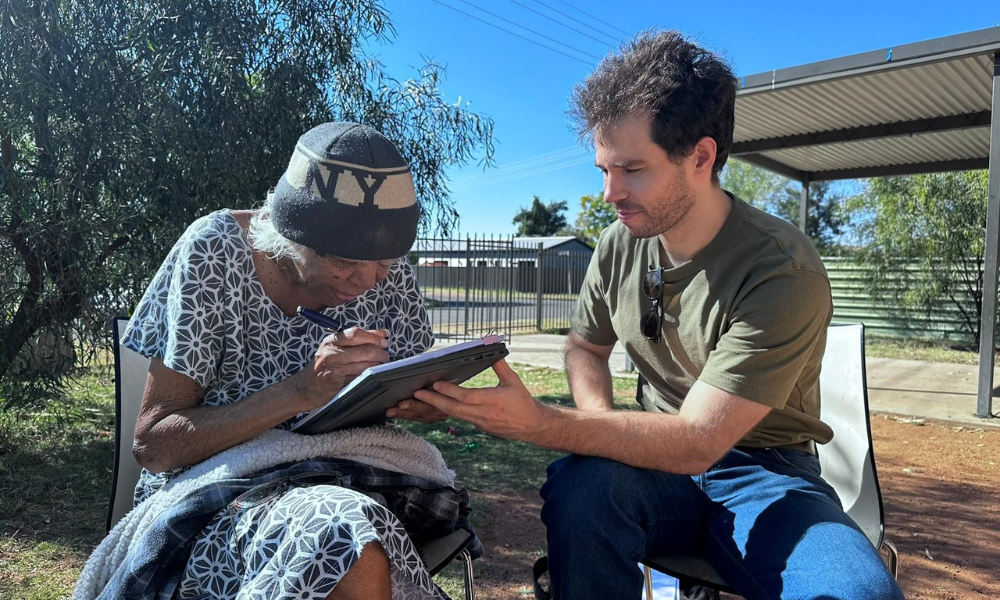
The Stolen Wages suit involved thousands of Aboriginal and Torres Strait Islander workers in NT

The Commonwealth Government is set to settle the Stolen Wages class action in an agreement that could see the government forking out up to $202m.
The settlement of Minnie McDonald v Commonwealth of Australia is pending approval by the Federal Court. The suit involved thousands of Aboriginal and Torres Strait Islander individuals who worked in the NT and were barely, if at all, compensated from 1933 to 1971 while under Commonwealth wage control legislation.
“Today is a step forward for the many thousands of Aboriginal and Torres Strait Islander people we represent across the Northern Territory. This settlement cannot correct the past, but it acknowledges the suffering of these workers and their descendants, who have experienced disadvantage because of the Commonwealth legislation in place over many decades which controlled their wages”, said Sarah Thomson, Shine Lawyers’ class actions practice leader.
In line with the settlement agreement, the Commonwealth has agreed to pay up to $202m to either qualified workers or to their surviving spouses and children. This amount includes up to $15m that has been earmarked to cover legal fees, as well as up to $7m set aside to cover the costs of administering the settlement and associated expenses.
Subject to orders from the court, a registration process could kick off as soon as next month so that group members can be evaluated for compensation. Shine Lawyers, which acted for lead applicant Minnie McDonald, pitched an outreach program spanning the NT in order to let members know of the class action’s outcome and to help them register.
A settlement hearing may also be set for the close of the year, during which the court will determine the amount to be paid out to registered eligible workers or their families.
McDonald initiated the class action in 2021 and said that “this is about all the people who were working everywhere and never got paid nothing”. During evidence preservation hearings held across the state last year, McDonald and other witnesses shared their experiences with the court.
“This landmark resolution stands as a testament to the power of justice and the resilience of the human spirit. It represents more than just compensation; it is a crucial step toward healing and reconciliation for the First Nations people of the Northern Territory”, said Shaun Bonétt, chairman of Litigation Lending Services (LLS).
LLS funded the class action.